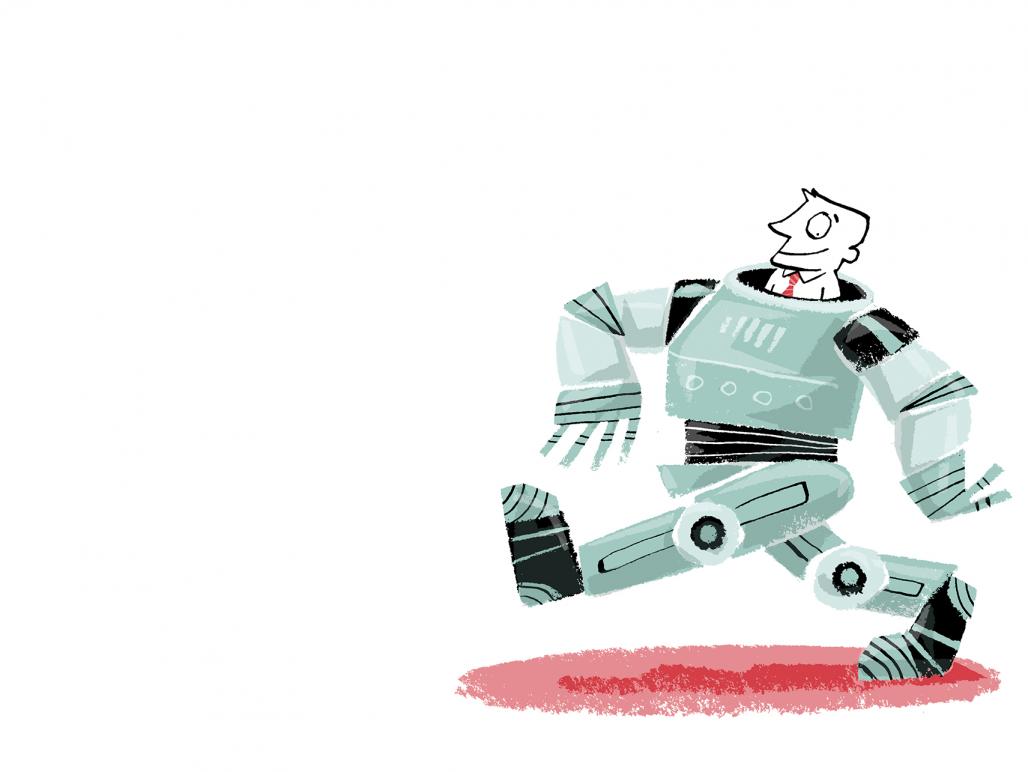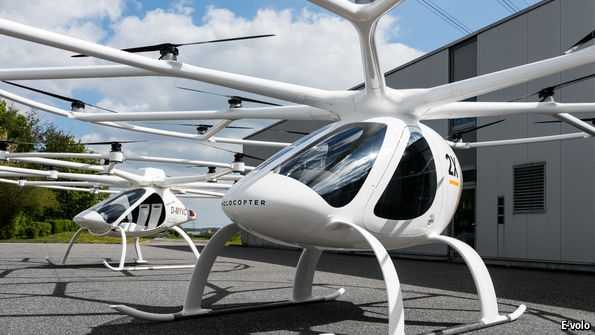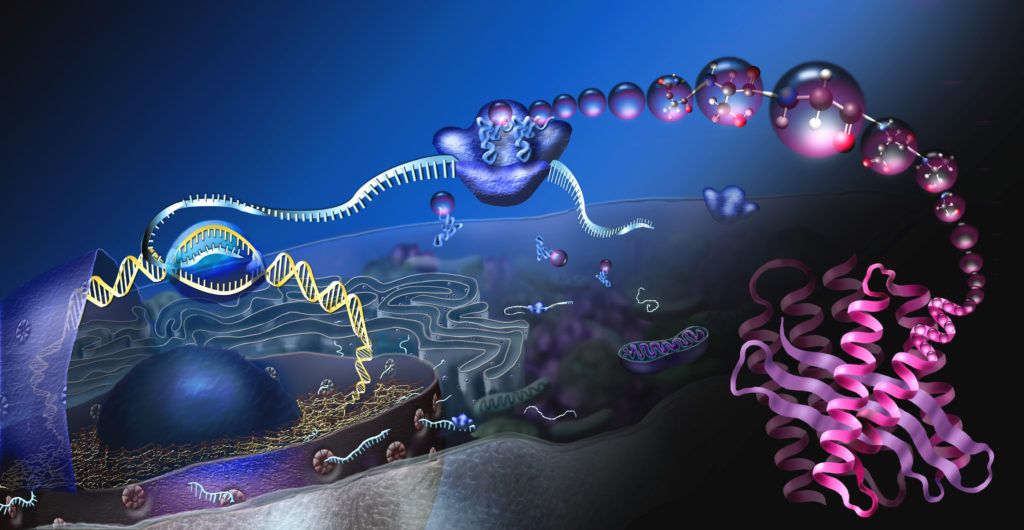This variable gravity station would have space for research, processing and living quarters that range from a full 1G to zero G.
Get the latest international news and world events from around the world.

I, Robot: Japan’s Cyborg Society — By Simon Cox | 1843
“The Japanese government believes robots and humans can live happily side by side. Our correspondent steps into the shoes of an “immigrant from the future””


Treating Diseases with a Protein Missile System
A novel way to target proteins in cells could lead to undruggable diseases being treatable.
Researchers at the university of Dundee have shown that it is possible to target and destroy specific proteins within cells using a new directed protein missile system. This is very interesting as it raises the possibility of targeting aberrant proteins present in diseases that currently have no drug that affects them.
This opens the door to treating a range of diseases as well as potentially being useful in directly targeting proteins involved in the aging process. Before we take a look at the research let’s recap on why proteins are important, what they do and how they relate to aging and diseases.
So what are proteins?
Proteins are often called the building blocks of life and they are critical to the operation of our cells and therefore to our lives. Proteins are produced by the cell and perform a huge variety of functions such as, activating the immune response against pathogens, regulating metabolism and cellular functions. They do the majority of the work in cells and are required for maintaining the structure, function, and regulation of the body’s tissues and organs.
Update bundle #4
News from the world of rejuvenation biotechs.
Gone are—for now—the golden days when I would publish a new post each week. So, for as long as my schedule is going to be this busy, I’ll have to be content with update bundles. I thought I’d let you know about a few news items and interesting things going on in anti-ageing community.
On June 30 LEAF will host their first Journal Club event, with dr Oliver Medvedik. The topic will be the implications of epigenetic alterations on aging and as a primary aging process.
The recurring crowdfunding campaign to support LEAF has reached $1110, thus surpassing the first goal of $1000. The next one is $2000, and it’d be great if you could help us reach it, and advertise the campaign so that others may help too.
Astronomers witness star’s death, birth of new black hole
May 25 (UPI) — In 2015, a star tracked by astronomers since 2009, suddenly disappeared. New research suggests the star collapsed and became a black hole, but avoided the explosive violence of a supernova.
The discovery, detailed in the Monthly Notices of the Royal Astronomical Society, could explain why many of the universe’s most massive stars die without a parting explosion.
“The typical view is that a star can form a black hole only after it goes supernova,” Christopher Kochanek, professor of astronomy at Ohio State University, said in a news release. “If a star can fall short of a supernova and still make a black hole, that would help to explain why we don’t see supernovae from the most massive stars.”


I gave the Co-Closing Keynote speech at San Francisco’s The Battery the other day to ultra high net worth families and their finance managers
My topic was #transhumanism and life extension. I’m hoping they might invest in these fields. Former Keynote speakers of this event include Newt Gingrich, Peter Thiel, Andre Agassi, etc. I’ll share a recording of it when I get one. http://familyofficeassociation.com/

If Time Freezes At The Edge Of A Black Hole, Could Someone Theoretically Live Forever?
Answer by Viktor T. Toth, IT pro, part-time physicist, on Quora:
Whenever you think about time dilation in relativity theory, keep in mind that the theory is not about you. It is about what others see. As far as you are concerned, no matter where you are or how you move, time will always appear to pass as it always does.